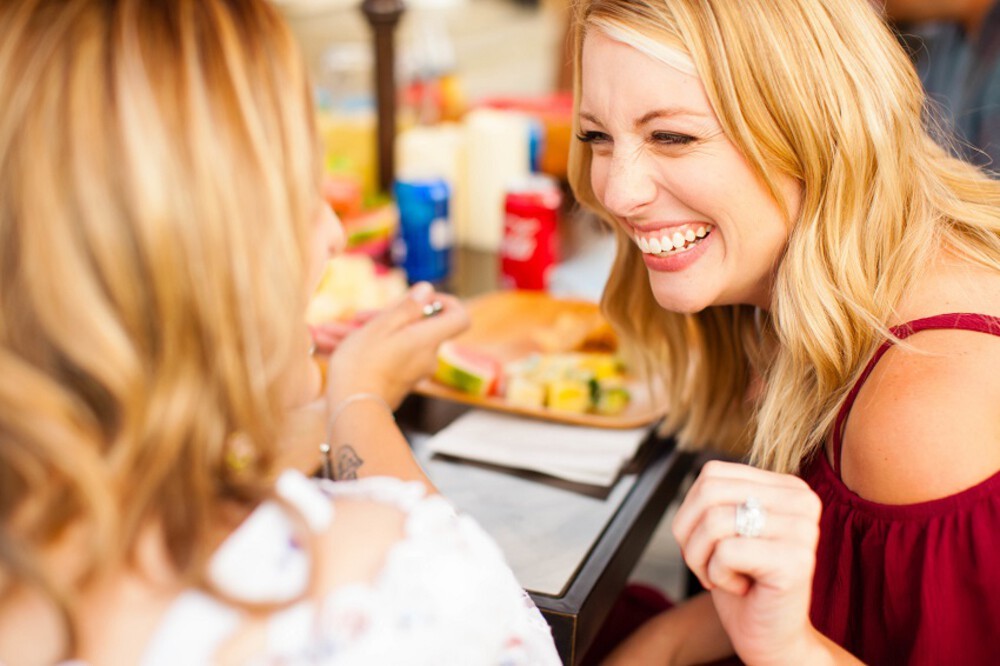
Whether the woman is carrying her own biological child or she is a gestational carrier, a balanced diet is key to a healthy pregnancy and healthy baby.
What should a pregnant woman eat? A wide variety of things, as it turns out. The growing fetus requires many different vitamins and nutrients to grow and thrive, and meeting these needs can have a big impact on their future development too.
Top pregnancy foods to eat
These are some of the foods confirmed to be safe and healthy for a pregnant woman to eat:
Organic produce: While there is an added expense to eating organic, there are certain vegetables and fruit that should be prioritized. Buying organic is most important for grapes, berries, squash, beans, and tree fruits like apples and peaches because they are the most likely to have exposure to pesticides. Check out this list of the top foods to buy organic – and the best conventional choices too.
Nuts: Packed with minerals like copper, manganese, magnesium, selenium, zinc, potassium and calcium, nuts are also versatile and portable. The healthy fats are good for both the pregnant woman and the baby.
Legumes: Lentils, chickpeas, soybeans, peanuts, and peas and beans, in general, are all great plant-based sources of protein, fiber, iron, calcium, and folate. Folate is especially important during the first trimester of pregnancy; low levels of folate have been linked to neural tube defects, low birth weight, and may leave the child more prone to infections after birth.
Dairy: Yogurt and milk can provide the extra protein and calcium necessary to meet the needs of the growing baby. It also contains high amounts of phosphorus, B-vitamins, magnesium, and zinc. Greek yogurt is especially beneficial because it also contains probiotic bacteria to support digestive health.
Salmon: Wild-caught salmon is highly recommended. It’s a great source of protein, iron, and zinc, all of which are crucial for the baby’s growth, and it also contains omega-3 fatty acids and DHA to boost brain development. Aim for 2 to 3 servings of fish per week.
Foods to avoid during pregnancy
At the same time, there are certain foods that pregnant women should avoid, including:
Fish with high levels of mercury: These should be eaten no more than 1-2 times per week. Mercury is a toxic element commonly found in polluted water and can be toxic to the nervous system at high levels. Large fish, like shark, swordfish, King mackerel, and tuna, especially albacore, consume higher amounts of mercury and should be eaten infrequently.
Unpasteurized milk, cheese, and juice – Pasteurization effectively kills most harmful bacteria. Since commercially sold milk and cheese in the United States is almost always pasteurized this is generally not something pregnant women need to be concerned about, but it is important to check labels. Which fruits should be avoided during pregnancy? While freshly washed whole fruit is a great part of a balanced pregnancy diet, the juice can develop E. Coli or Listeria if it is separated from the fruit for too long. It’s safest to avoid juice that has not been pasteurized.
Raw or undercooked meat and fish: Meat that is not thoroughly cooked can cause infections, including norovirus, Salmonella, Listeria, and parasites. Pregnant women are 20 times more likely to become infected by Listeria, which can be passed on to the fetus through the placenta even if the pregnant woman shows no outward signs of illness. Bacteria could lead to severe neurological illnesses, blindness, epilepsy and even stillbirth. Meat should be cooked and heated all the way through.
Staying Healthy For Two
While the list of things you can’t eat while pregnant, or should eat in moderation, may seem overwhelming, it’s actually very easy to avoid these items when you’re focused on all the great food that is healthy for both you and the baby.
For more tips on a healthy surrogate pregnancy, check out this blog post. To learn how you can start your surrogacy journey, please contact us!